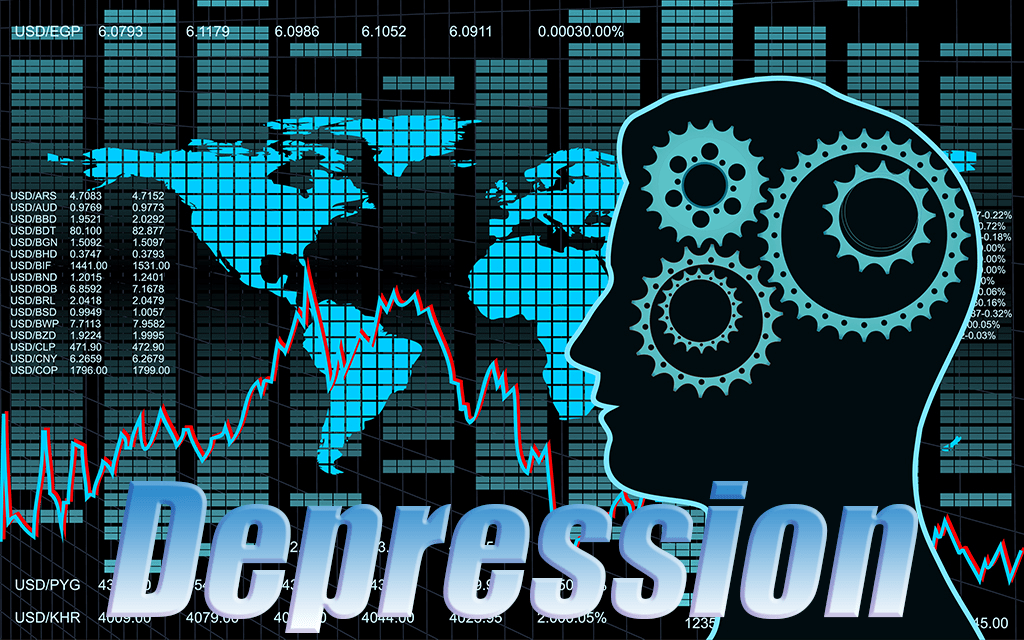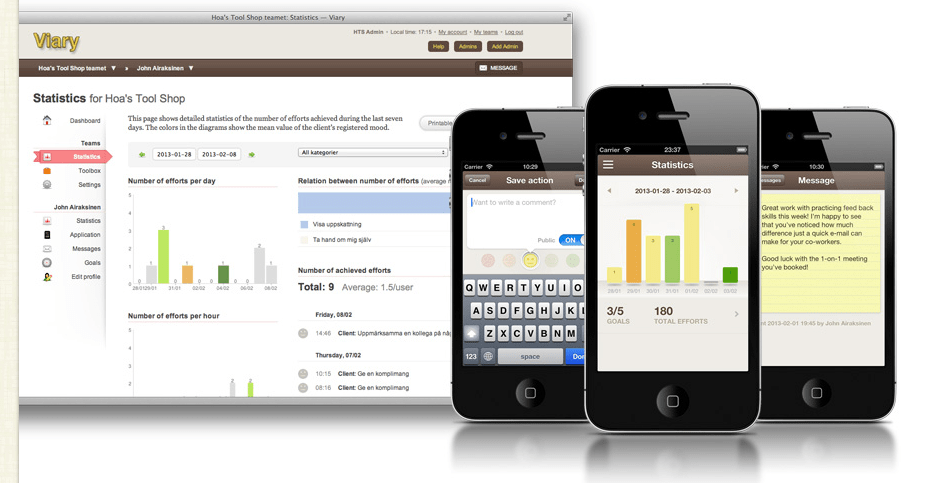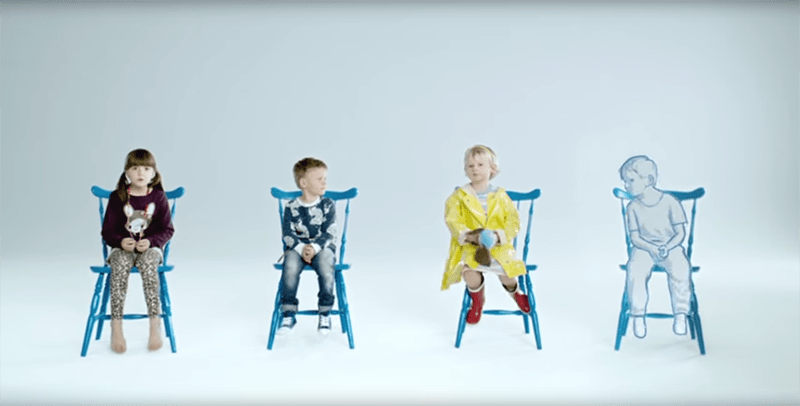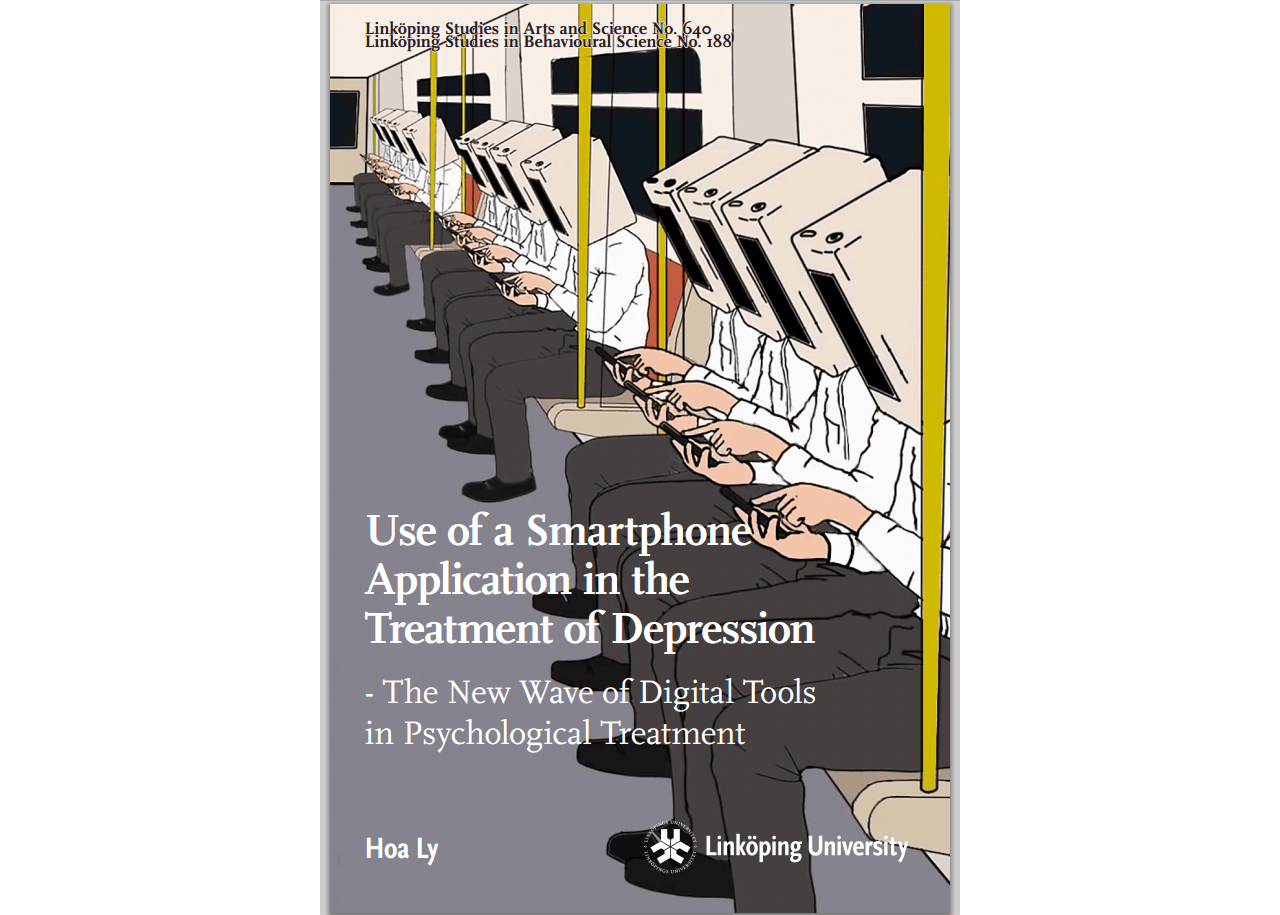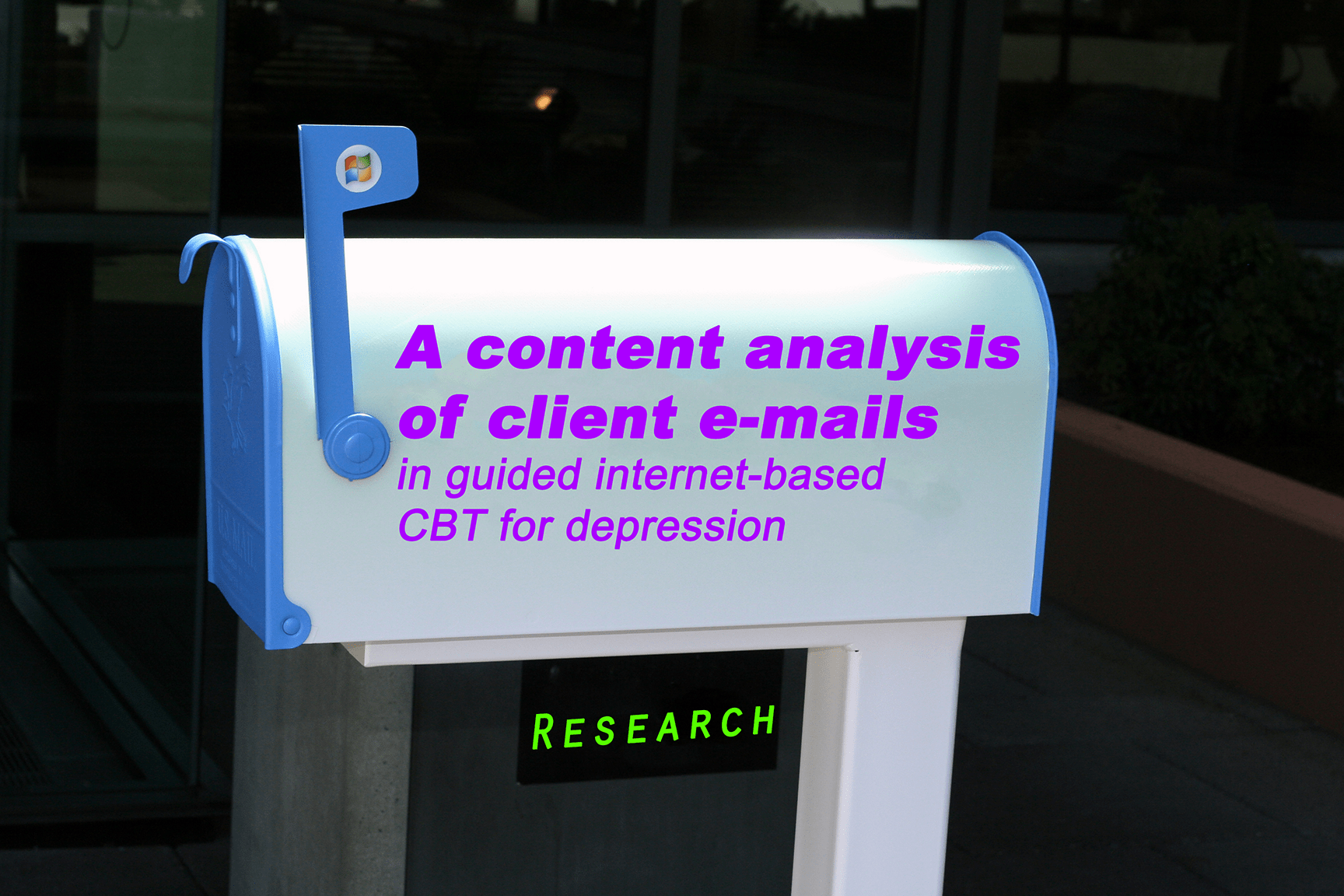Does Internet based guided-self-help for depression cause harm?
Almost nothing is known about potential negative effects of Internet-based psychological treatments for depression. In a new study, that was just accepted for publication in Psychological Medicine we aimed at investigating deterioration and its moderators within randomised trials on Internet-based guided self-help interventions for adult depression, using an individual patient data meta-analyses (IPDMA) approach. Studies … Läs mer!
